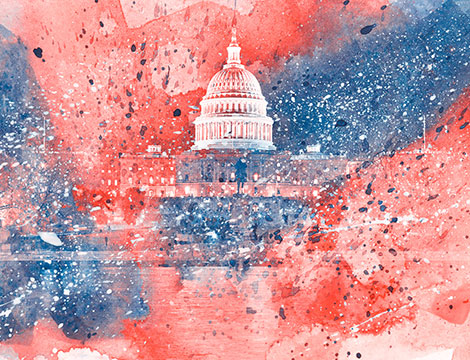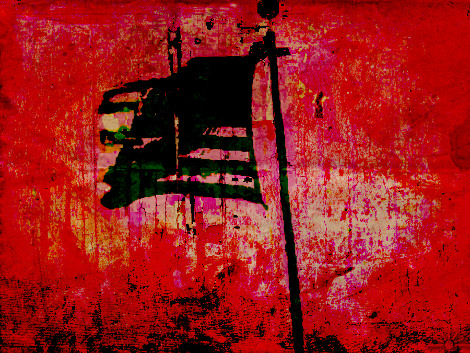
This article was originally published by War on the Rocks on 19 April 2017.
James Mattis was sworn in as secretary of defense in what is arguably one of the more fraught periods in civil-military relations in decades.
While civilian control in the United States is based on a solid foundation of history, doctrine, and tradition, civil-military relationships are above all human. And that means they are vulnerable to unrealistic or unmet expectations and perceptions. Simply put, tension invariably infuses these relationships — it’s merely a question of how much and in which way. As such, this relationship should expect strains, some demanding mitigation.
Nearly two decades of (inconclusive) war, serious lapses in the quality of support to our veterans, and a destabilizing budget roller coaster have been some of the major stressors. These are bracketed by a growing disconnect between those who serve, the civilian population, and emerging political factors. A particularly tumultuous election with unprecedented veteran and general officer partisan participation did not stop or mitigate threats of purges of general officers by the Trump campaign. Despite such anti-military rhetoric, Trump eventually faced suspicion that his cabinet was overly militarized and went to bat in support of a waiver for Mattis’s own confirmation. These events, along with an expected, but nonetheless toxic, increase in friction between military and civilian staffs at the Pentagon set the stage for Mattis’ arrival at the River Entrance a few short months ago.

